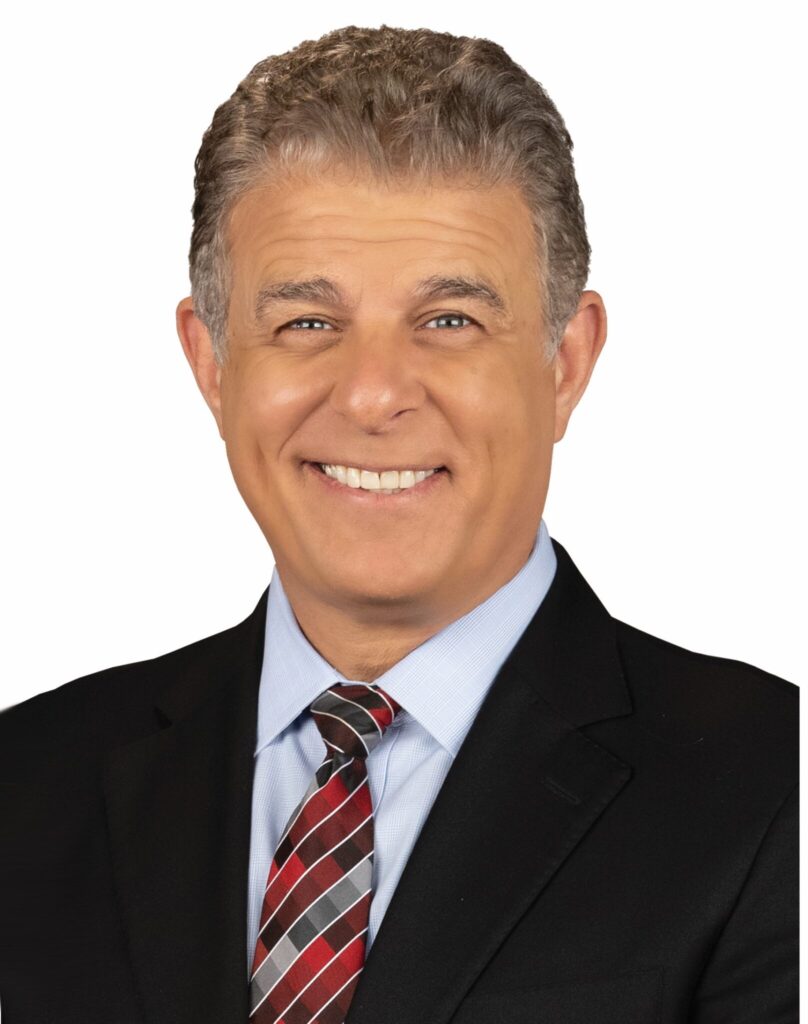
TOC Online Political File Plan Makes Sense
Americans are rightly concerned about the enormous amounts of money that candidates and their supporters must raise to run for public office these days. If the money doesn’t corrupt the democratic process, it certainly distorts it. From the day they are elected, officials are looking for campaign funds. They simply don’t have much time for those who didn’t ante up in the last election or aren’t willing to ante up for the next.
Despite periodic efforts, Congress hasn’t been able to do much to stem the flow of money that pours into political campaigns. The last blow to campaign finance regulation was the Citizens United case, in which the Supreme Court said that corporations and unions can give unlimited amounts to support or oppose a candidate so long as they don’t coordinate their efforts with the candidate. That ruling spawned the super PACs that have been impacting the Republican presidential primaires.
So, if you cannot limit the cash, the next best thing is to make sure that everybody knows where the money is coming from and how it is being used. At least we’ll know to whom the candidates are beholden.
This is where broadcasters can help.
Because local TV broadcasting has proved such a perfect medium for political advertising, TV stations are the recipients of nearly half the money that candidates, parties, super PACs and advocacy groups raise, and 80% of what they spend on advertising. In 2012, that’s expected to add up to at least $2.5 billion.
As a result, broadcasters know a lot about who is spending on advertising, how much they are spending and where they are spending it. In fact, they are obliged to collect such information by provisions of the McCain-Feingold Act as well as the lowest-unit-rate law that says that stations have to discount ads for qualified candidates.
Right now, this information is placed in file drawers at TV stations along with a lot of other paper that the FCC feels the public ought to have access to. If you want to get at it, you have to go to the stations during business hours and ask for it.
Last October, in the spirit of transparency, the FCC proposed that stations convert all their public inspection files, including the political information, from paper to electronic form and place them on the Web so that anybody with a browser and an Internet link can access them — no more having to run around town and visit stations.
The proposal didn’t sit well with a lot of broadcasters. They balked at the difficulty and cost of moving voluminous paper files online, and, more important, putting sensitive ad rate information online. As Disney points out in a filing, competitors and commercials advertisers “may anonymously glean highly sensitive pricing data, which, by law, will represent the lower rates charged by the station to its most favored commercial advertisers.”
I know. This “highly sensitive” information is now in the paper files for all to see, but keeping it on paper at the stations puts it out of reach of all but the mostly highly motivated. There is some value in that.
But one group of broadcasters, the Television Operators Caucus, came up with a plan that I think will work for the FCC and the public. The TOC usually tries to influence Washington affairs from behind the scenes. But occasionally it steps forward as it has here.
Signing the proposal were Barrington Broadcasting, Belo, Cox Media Group, Dispatch Broadcast Group, E.W. Scripps, Gannett Broadcasting, Hearst Television, Meredith Broadcasting, Post-Newsweek Stations, Raycom Media and Schurz Communications.
In a Feb. 15 letter to the FCC, the TOC says its members would be willing to put online select political information, what I believe the public and journalists want most from broadcasters.
Here’s the TOC proposal:
1. The station would place online, either at a station website or the FCC’s website (at the station’s election), the following political file information:
- the name of the buyer
- the name of the candidate on whose behalf the political spots (or program material) were purchased
- the entity, including officers, that paid for the spots (or program material)
- the aggregate amount of money paid for the spots (or program material) by the buyer since the last online posting
2. Generally, the online political file would be updated once a week. Immediately prior to an election, it would also be updated the day before the election. Outside the lowest unit charge period, the online political file would be updated once a month.
3. Existing FCC requirements for stations’ local political files for purchase of political spots and political program material would remain the same.
In other words, during high political season, a station would post online once a week how much time, say, President Obama bought on the station over the past seven days. And if you were interested, you could click over to the other four or five stations in town and quickly get a fix on Obama’s total spend in a market.
I love the simplicity of this, and I love that it seems to work for all. The public gets the info that it wants, and the broadcasters doesn’t have to deal with uploading its entire political file or giving up “sensitive” rate information that might harm their businesses.
The TOC is proposing to create new information that doesn’t exist today. Somebody will have to tote up what each political advertiser spent each week, and somebody will have to verify the numbers. Stations can get into real trouble at the FCC for submitting false or misleading information.
So, the proposal is not without some pain and cost to stations, which should make the “public interest” advocacy groups happy. I think sometimes their sole goal is to whittle down stations’ profit margins.
I would note that the TOC proposal only talks about reporting the buys of a candidate. I assume that it would also report the buys of advocacy groups and super PACs that might not be openly backing a candidate. This needs to be clarified.
The public shouldn’t expect too much. Broadcasters do not collect the information that people really want to know — the ultimate source of the money that the candidates and the super PACS are spending. For that, you still to have to go to the Federal Election Commission. That’s a whole other federal agency about a mile away on the other side of the National Mall.
If broadcasters do not include rate information on political websites as the TOC has proposed, you will not be able to use them to police stations to make sure that they are providing candidates with the discounted rates that they are entitled to. But that’s not be the job of the general public. That’s a job of the regulators and the political media buyers. If they want the rate info, they can ask for it or go to the stations.
In comments on the FCC proposal, the Big Four broadcast networks say that many TV stations voluntarily provide candidates with “dates and dollars” information over the telephone so they can make buying decisions.
Besides, I’ve heard no squawking from candidates that they are being gouged by stations since Al Sikes was running the FCC two decades ago.
There is a question of where the broadcasters should post the political information — their own sites or the FCC’s. I don’t think it should be leff to the discretion of the broadcasters. But putting it on their own sites should work. It relieves the FCC of the burden and cost and the broadcasters won’t have to worry about uploading data to an outside site, which can create all sorts of headaches.
TVNewsCheck hereby pledges to create a page with links to the political advertising Web pages of all the stations, market-by-market, so that one can easily hop from station to station to see what’s happening at each. It’s no big deal. TVNewsCheck, of course, reserves the right to sell banner ads on the page. No reason to let a revenue-generating opportunity pass by.
I prefer that broadcasters not have any of the public files responsibilities — paper or electronic. They are discriminatory. No other medium has them. The federal government imposes them on broadcasters simply because it can.
But since they are obligated by law, broadcasters should try to make the best of it. In the TOC proposal, they have an opportunity to provide a real service — not for the sake of the regulators or competitors curious about their rates, but for the sake of Americans who worry about the democratic process and would like to know who is spending how much where.
I would hope the FCC sees it that way, too
Harry A. Jessell is editor of TVNewsCheck. You may contact him at 973-701-1067 or [email protected].
























Comments (0)